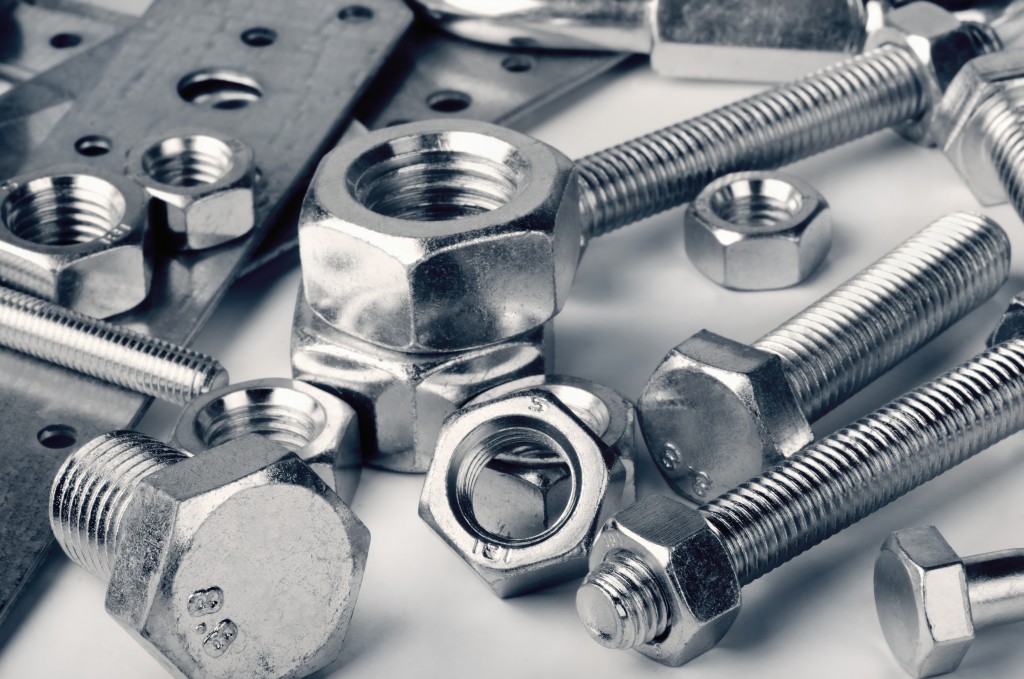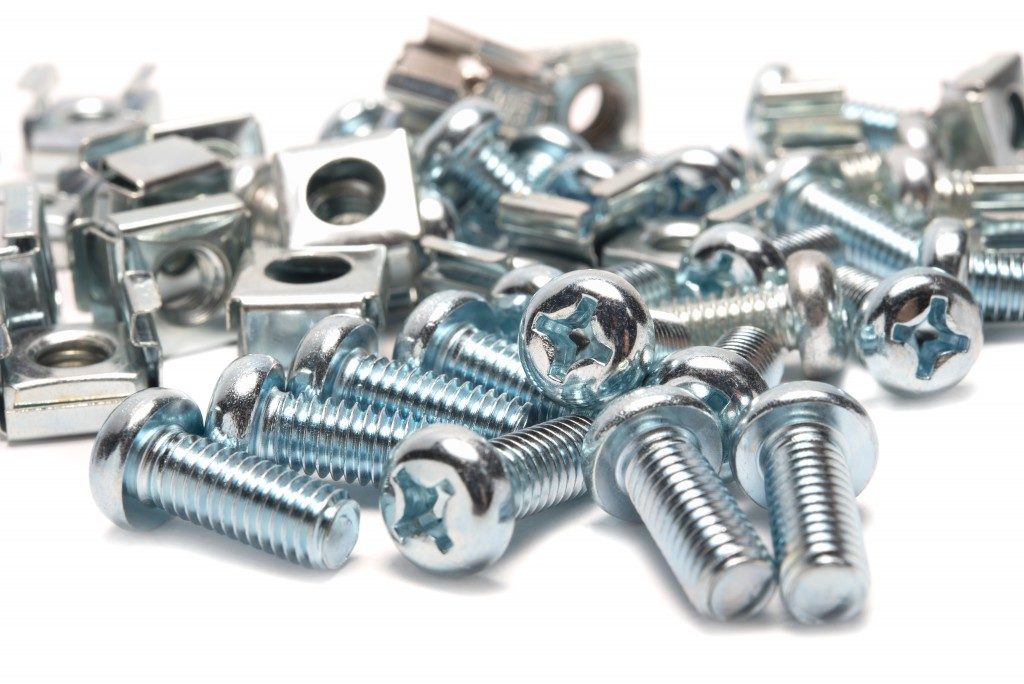Sometimes nails and glue aren’t enough, and you need to fasten your projects with bolts. When stability and strength are essential, then you need to secure your connections with bolts. Stainless-steel bolts are always a viable option, but there are other types of bolts for more specialized uses.
Stainless Steel
When in doubt or a hurry, use stainless steel bolts. They are reliable, durable, and corrosion-resistant. Note that stainless steel is different from zinc-coated steel. The latter may be a bit stronger, but corrosion could set in once the layer of zinc gets scratched or damaged. Stainless steel is corrosion-resistant throughout because of its composition and not because of plating. Stainless steel bolts can secure heavy loads while withstanding changing temperatures, humidity, and the weather outside.
Aluminum
Aluminum bolts are lightweight and very corrosion resistant. They’re not as strong or durable as steel, but they work well with modular or movable projects. Just remember not to mix your aluminum bolts with stainless steel nuts. Galvanic corrosion occurs when the two are used together and may ruin your project’s aesthetic appearance.
Bronze
Bronze or silicon bronze is made from the combination of copper, silicon, zinc, tin, iron, and manganese. Silicon bronze is superior to stainless steel when it comes to corrosion, especially those associated with seawater and heat. Its resistance to water damage makes it one of the first options in plumbing, and its resistance to heat makes it useful in electrical applications as well. Bronze bolts are a tad more expensive, but they have more aesthetic appeal than dull stainless steel.

Brass
An alloy of copper and zinc, brass is soft but extremely corrosion resistant. It’s often used in pipes, weather trimming, signage or signs exposed to weather, musical instruments, and firearms. Brass conducts electricity, so don’t use brass bolts on electrical applications. Brass is also too soft and may break if exposed to constant stress or vibrations.
Copper
Copper bolts are mainly used in roofing and other areas exposed to the elements. Solid copper bolts provide excellent corrosion resistance but can be a bit too soft. Copper-coated stainless steel bolts are stronger. Just make sure not to scratch the coating. Copper bolts can appear quite elegant, and most projects use them merely for their aesthetic appeal.
Nickel
Nickel is often used with copper or aluminum to create materials that are almost at par with steel when it comes to tensile strength and durability. Nickel bolts are extremely corrosion-resistant and work well in extreme cold or heat. However, you might need to pay a little extra as nickel bolts are a bit expensive.
Titanium
Titanium is lighter than steel but comparably durable and strong. Only the highest grade of steel is stronger than titanium. Titanium bolts are commonly used in the aerospace industry and the chemical industry because of their resistance to extreme temperatures as well as corrosion and oxidation.
Copper and brass can make your builds and projects more pleasing to the eye, and stainless steel can give them stability and durability. The right bolts can make or break your project, so make sure to choose the most suitable ones.

